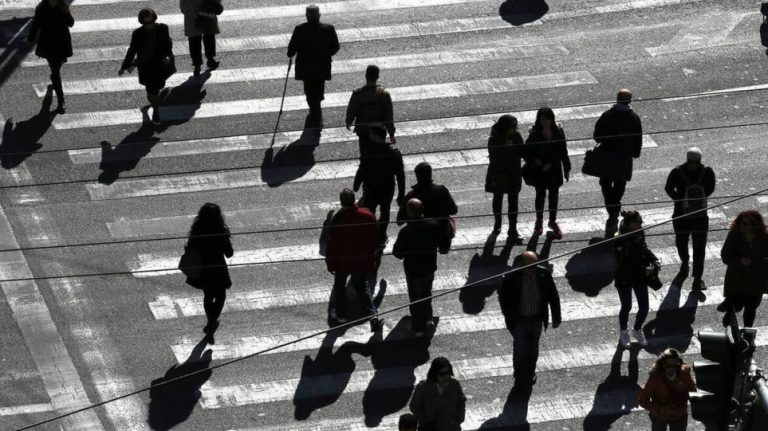The OECD estimates a recession of up to 9.8% for Greece with a parallel rise in the unemployment rate of up to over 20% in its annual report.
Due to the “unusual degree of uncertainty”, the OECD uses two scenarios in its annual report on Greece:
Based on the first scenario and the possibility that a second pandemic wave might not occur
• the recession will reach 8% in 2020 before the economy returns to positive growth rates of 4.5% in 2021
• Employment will decrease by 3.5% this year and by 1% in 2021
• Unemployment will reach 19.4% in 2020 and 19.8% in 2021
• debt will reach 196.9% / GDP in 2020 to fall to 190.7% / GDP in 2021
Based on the other worst-case-scenario, according to which a second pandemic wave will hit:
• the recession in 2020 will approach 10% (9.8%) and significantly lower growth for 2021 at 2.3%
• Employment will decrease by 3.8% this year and by 1.8% in 2021
• Unemployment from 19.6% in 2020 will rise to 20.4% in 2021 and
• debt will exceed 200% in 2020, to 209.3% / GDP to record a slight decline to 204.7% / GDP next year.
Ask me anything
Explore related questions





